Sister Dr. Liliana Najjuka: Miracle Worker, Smile Maker
Why Smile Train's local model matters, from one of our most inspiring partners
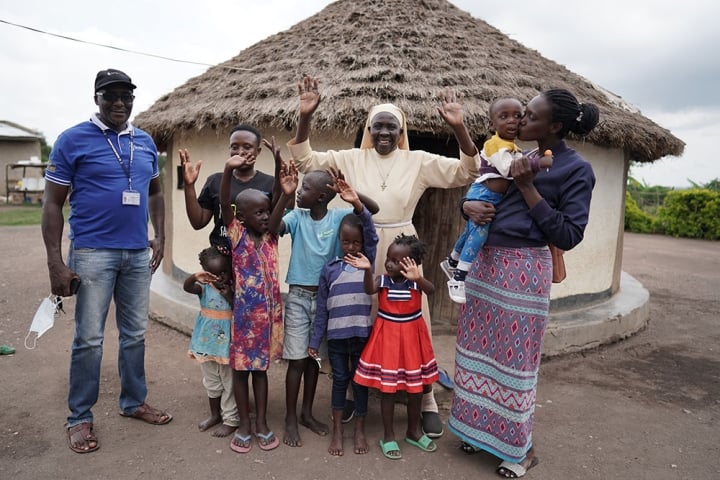
Sister Dr. Justina Liliana Lucy Gerardine Najjuka, a Little Sister of St. Francis nun, has dedicated her life to bringing healing and hope to some of the world's most vulnerable children. Since starting as a Smile Train partner in 2007, she has performed more than 6,050 cleft surgeries in nine countries across central and eastern Africa. In her current role as head of Surgical Centre Smile Train Mbarara (SCSTM) at the Good Samaritan Village Helpers Centre in Uganda, she has expanded her focus to something just as vital — providing nutritional support to babies who are too underweight to receive cleft surgery safely. In honor of National Nutrition Month, we caught up with Sr. Najjuka to learn more about her path to becoming a cleft surgeon, the lifesaving importance of locally led cleft programs, and how Smile Train's model is uniquely able to win trust and bring long-lasting change to historically underserved regions.
When I was doing my Master's degree, I noticed just how many children have birth differences, especially clefts. Many of their families — most of them just ordinary members of society —would come from very far for the treatment and assessment they so needed but didn't have the funds to pay for it. That moved me deeply. I decided to try to learn cleft treatment and management so I could help them. At that time, I was working with AMREF, an organization that works to increase access to sustainable healthcare throughout Africa, and they later introduced me to Smile Train.
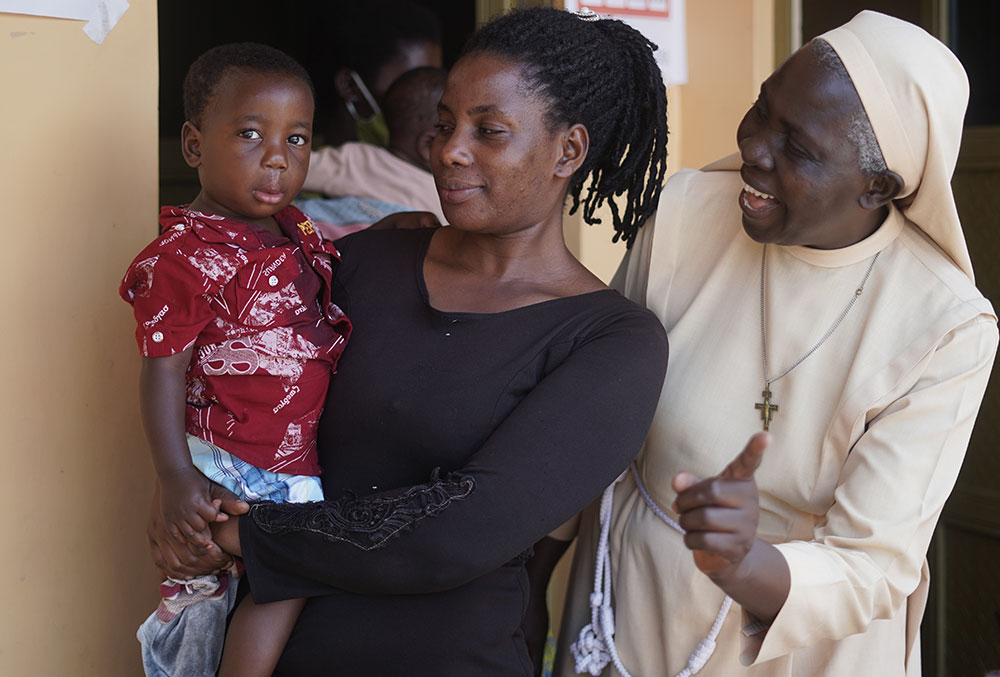
From the first time I saw this organization in action, I knew right away it was a perfect fit. I love how Smile Train works with local partners rather than sending out foreigners on mission trips. This is natives helping other natives.
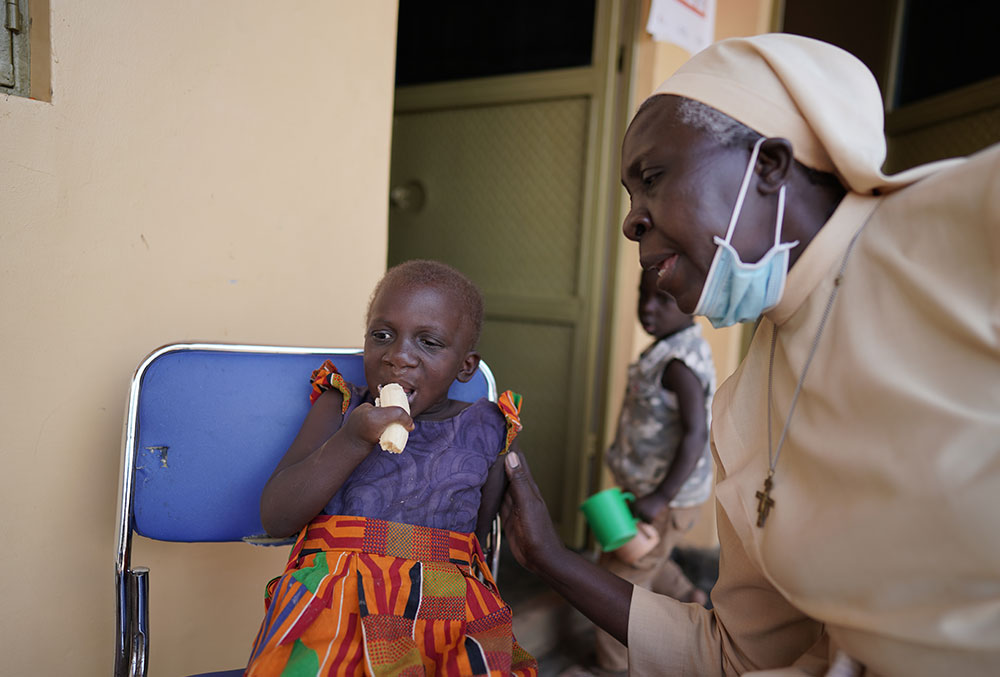
That's how it should be. I don't believe in the mission-trip-based models, In fact, we used to call it the "touch and go" model. It's very ineffective, just to put it lightly. When somebody comes in from another country, they don't know the language of the people, their traditions, behavior, challenges, and strengths. They have to spend a day or two of an already short mission just getting acclimatized and set up, then perform surgeries for one, two, three days then go. That doesn't help the natives much. The people here don't know who these people are, so they don't trust them. And those on the mission don't believe that the natives can do what they do — if they did, why would they feel they need to come in and do it for us? That is why I love Smile Train and their "teach a man to fish" model of sponsoring local cleft care. It is hyper super above the rest.
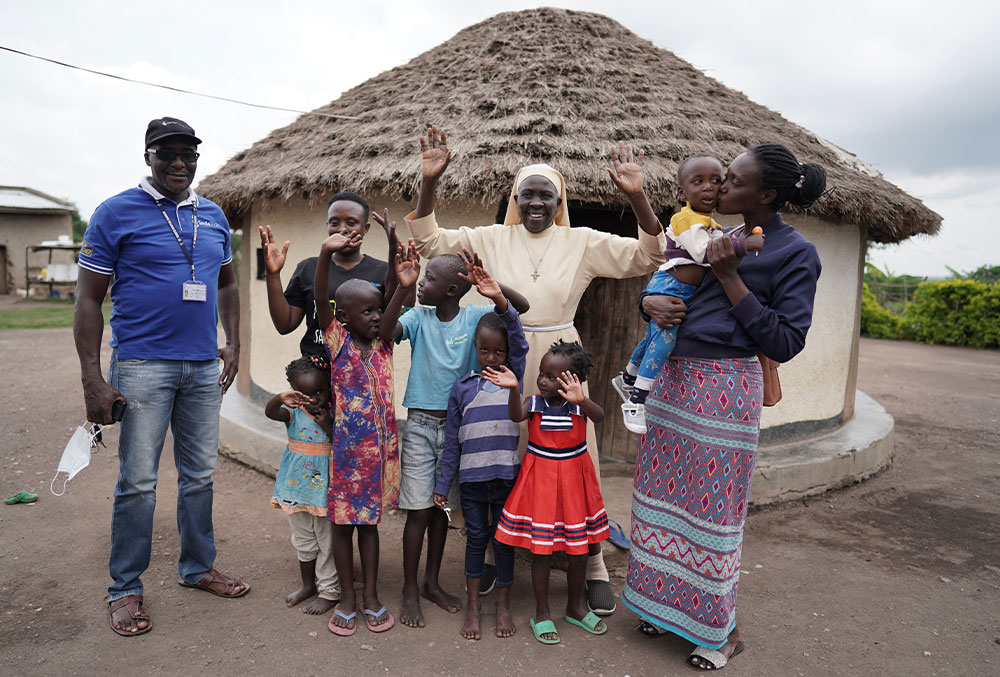
By partnering with Smile Train, my team has funding for educational initiatives and other programs that make it possible for us to treat more patients than ever before and help people fight myths, lies, and stigma and understand the truth about clefts. Smile Train also helps patients come to us by funding their transport to and from our center, which makes all the difference. Now we can accommodate our patients. We can feed them freely, do their surgeries freely, and care for them freely, all thanks to Smile Train.
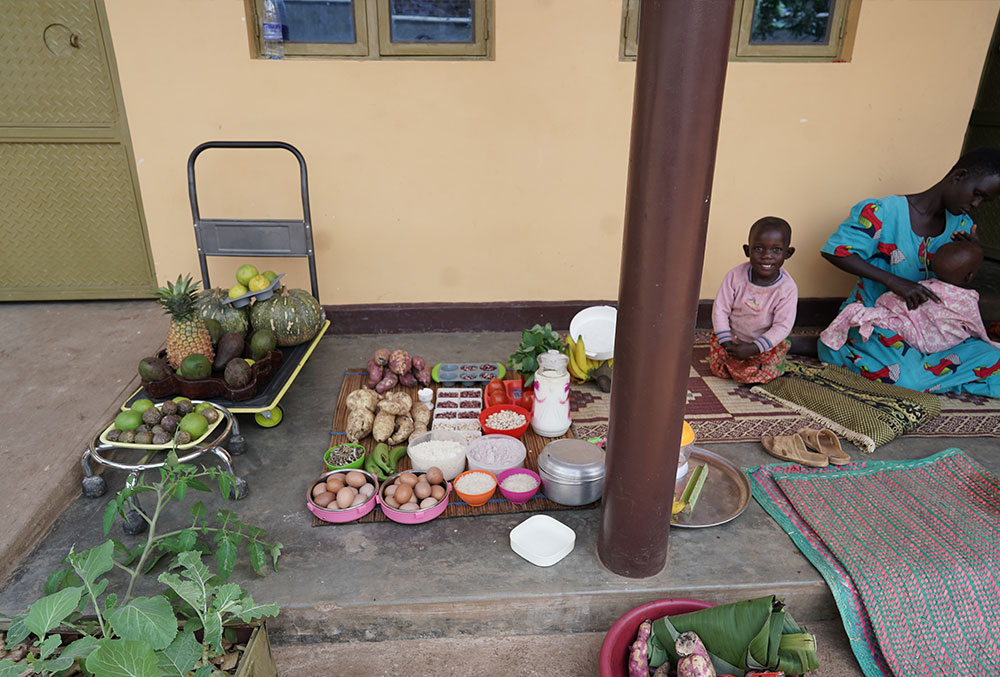
The difference especially shows in nutrition. Cleft nutrition programs are very, very new in my part of Uganda, and it is difficult for people here to believe that clefts contribute to malnutrition. The challenge is how to mobilize so patients and their families in remote areas have the information they need and will believe that the food we have or that they grow is enough to give their children the nutrition boost they need.
You see, when you tell a parent that their child is malnourished, they think they should get things from the shops: the meat, the eggs, the cheese, so it's difficult for them to believe that the crops we grow — the beans, the groundnuts, the bananas, and so on — are enough to give their children the nutrition they need to be healthy enough for cleft surgery. Someone here on a mission trip could never have this local knowledge or be able to nurture the long-term relationships necessary to gain these families' trust then see their child through a full program of nutritional support which can take years.
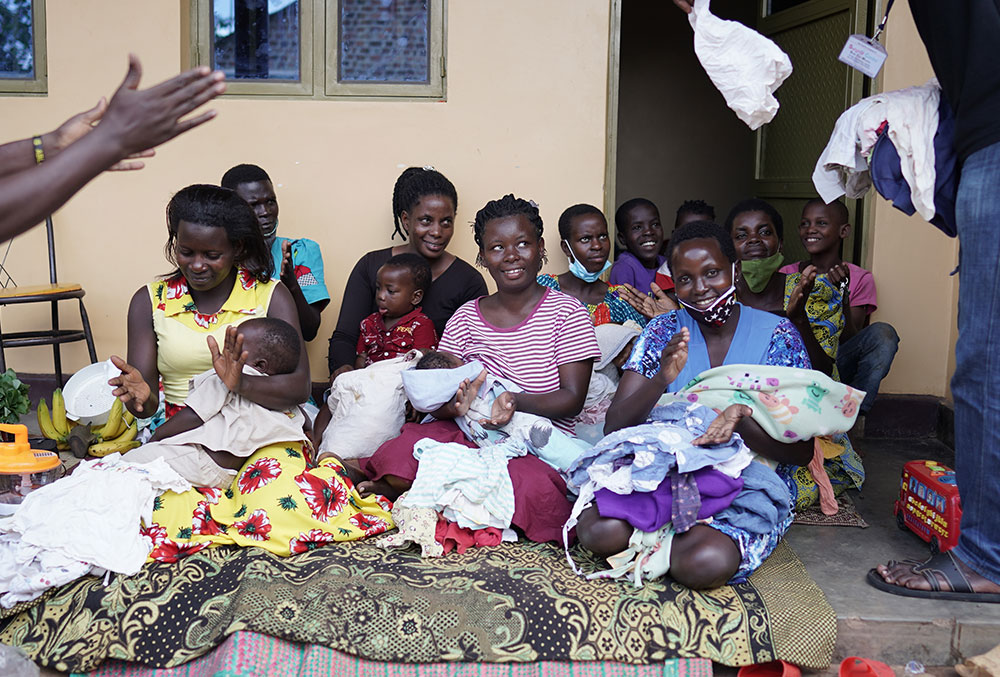
Now our biggest concern is having enough space to hold all the patients who are coming to us. Smile Train helped build our Good Samaritan Village Helpers Nutrition Centre here, and it's already too small for the number of patients we care for regularly.
They have done a wonderful job. To Smile Train and its donors, I say, "Mwebalen nyo mwebalire ddala," which means thank you very, very much in the local language.
Help empower more healthcare heroes like Sr. Najjuka in 70+ countries.
Our Impact in Uganda
as of March 2022
